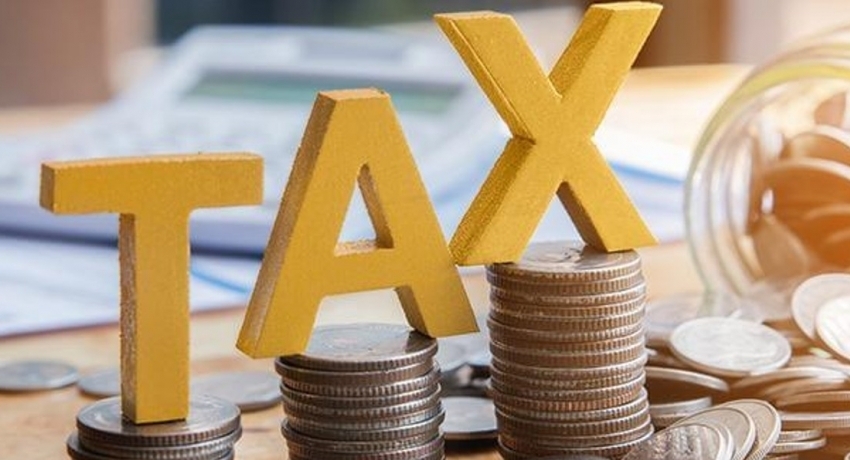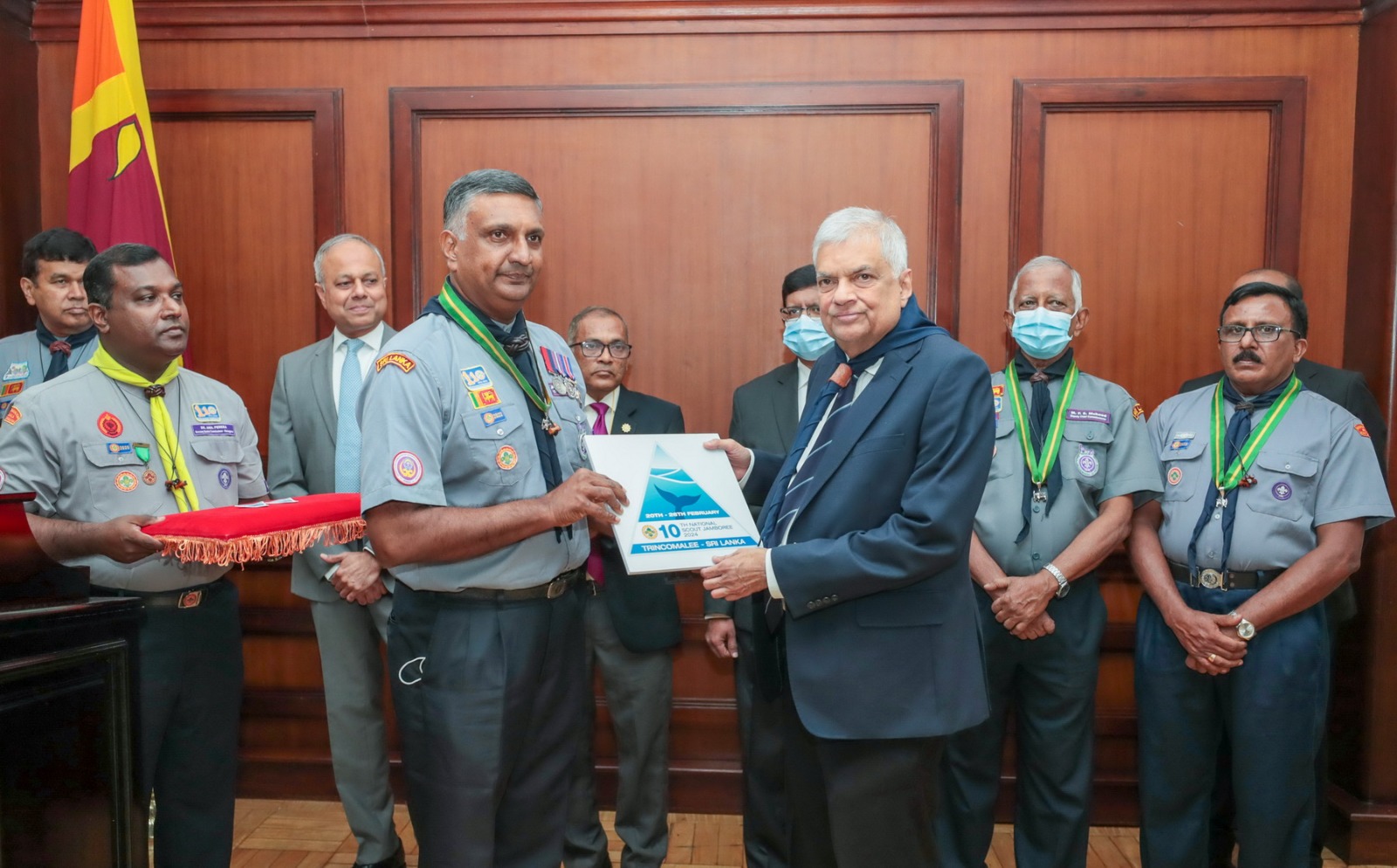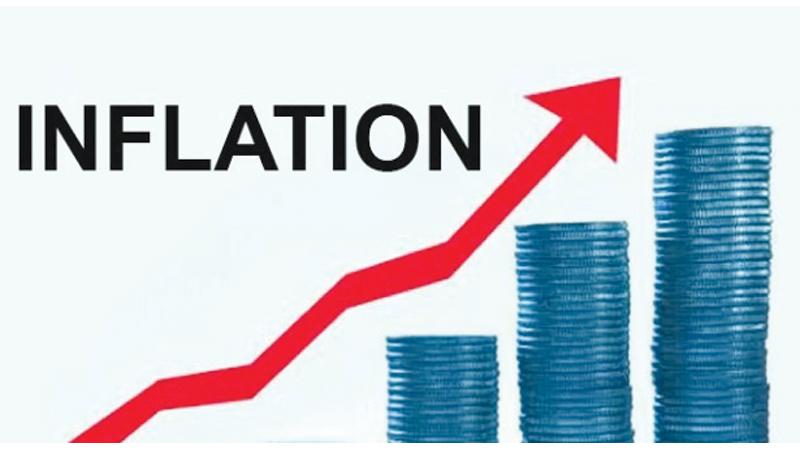Crisis-hit Sri Lanka will focus on improving tax collection to reduce budget deficits as it streamlines the structure of the tax system, the treasury secretary said on Wednesday, with new legislation planned to improve public finances.
The steps follow comments by the International Monetary Fund, which blamed an expected shortfall in government revenue generation for its failure to reach a staff-level pact with Sri Lanka after a $2.9-billion bailout package in late September.
“Sri Lanka has to strike a very delicate balance,” Treasury Secretary Mahinda Siriwardana said.
“It is imperative that historically high budget deficits must be reduced through better tax collection and improvement in tax administration…to recover from the financial crisis.”
Besides tackling debt management, the government wants to restructure loss-making state-owned enterprises, he said, with plans to introduce new legislation to reform loss-making commercial public firms before the end of the year.
“Loss-making state-run enterprises have also placed a massive burden on state banks,” Siriwardana said. “These multiple challenges can only be addressed by reducing the strain on the Treasury.”
The IMF had urged Sri Lanka to strengthen tax administration, scrap exemptions and stamp out evasion so as to boost revenues and signal better governance.
The failure to sign a staff-level agreement in the first review following the bailout package could delay release of a second tranche of funds.
Sri Lanka is planning to privatise its loss making state-run carrier SriLankan Airlines in the second quarter of 2024, said Suresh Shah, the head of the state-owned Enterprises Restructuring Unit (SOERU).
“About another 130 loss making entities will also be restructured and about 85 can be privatised,” Shah said.
Sri Lanka is also separately looking at restructuring its energy, water, and fuel distribution monopoly businesses as part of efforts to overhaul its public finances under the IMF program.
Source – Reuters
–Agencies





